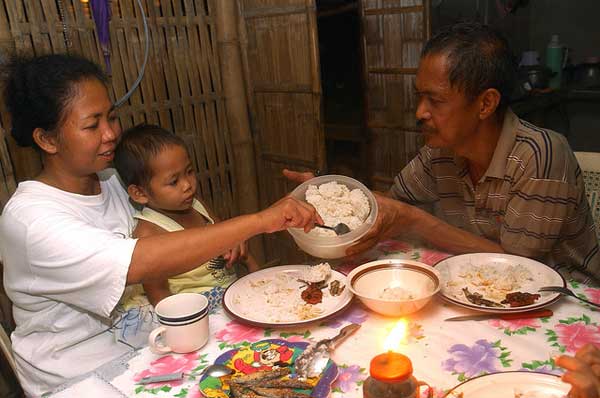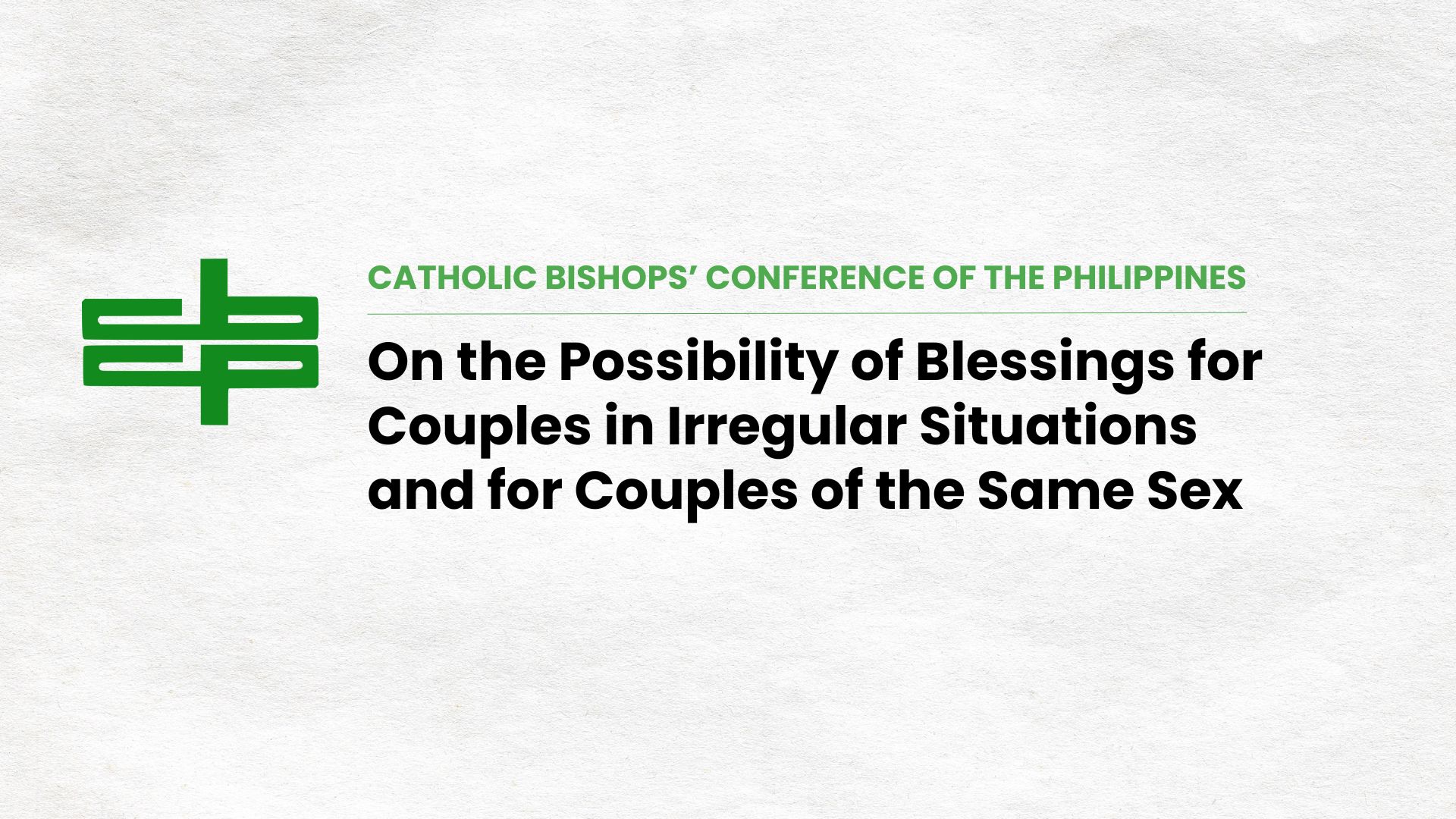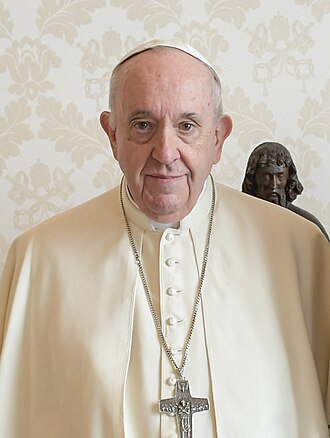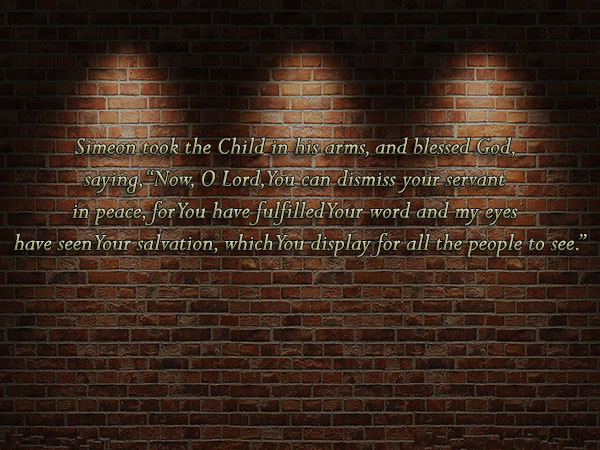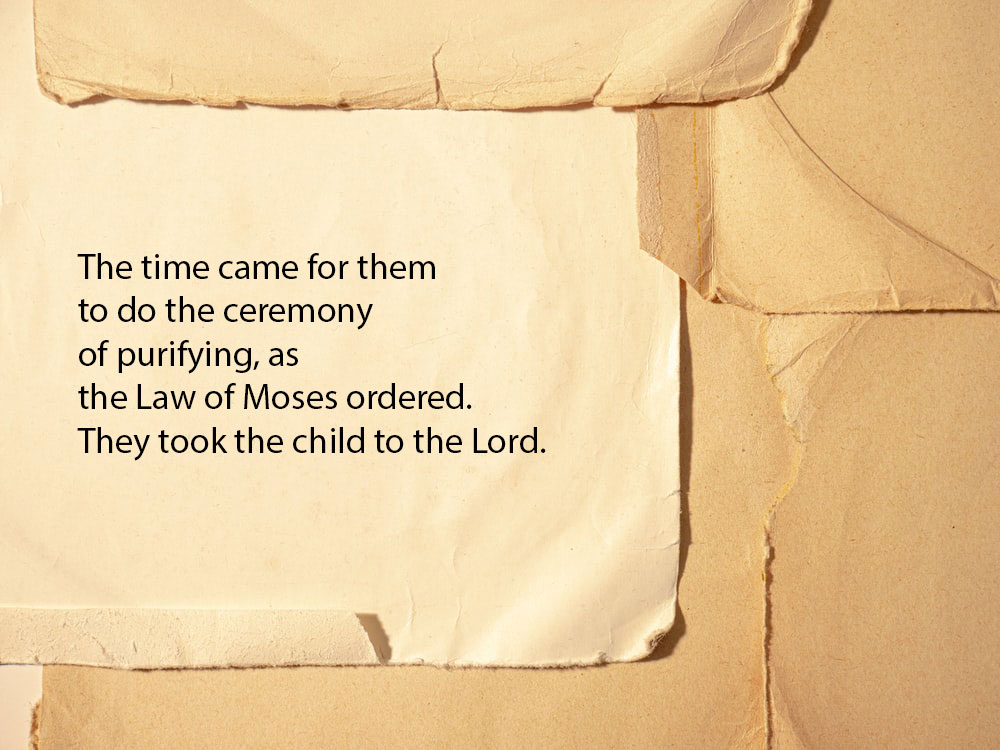In his general audience on November 11, 2015, Pope Francis reflected on fellowship in the Christian family and its great importance to the Church and the world. The Holy Father defined fellowship as “the attitude of sharing the goods of life and of being happy to be able to do so.” He centered much of his reflection on the family table, calling it the “icon” and a “fundamental experience” of fellowship.
The pope said that a family’s fellowship when gathered together for a meal is a “thermometer to measure the health of relations. If there is in the family something that is not well, or some hidden wound, at the table it is immediately understood.” He said that if a family does not eat together and speak and listen to one another around a common table, “This is not a family, it is a boarding house.” He spoke particularly about the use of cell phones, computers, or television at mealtimes, saying that these devices prevent fellowship, and even make a family “very little a family.”
Christian families, the pope said, have a “special vocation to fellowship.” Christ chose the table as a metaphor for the Kingdom of God and even as the place to leave the Church the Eucharist. Families can learn fellowship from the Mass, which opens the family “to the grace of a universal fellowship, of the love of God for the world.” The Holy Father said that a family’s participation in the Eucharist purifies it from “the temptation to shut itself in on itself” and “stretches the limits of its fraternity according to Christ’s heart.” Fellowship in the Christian family “becomes a crucial opportunity” in a world where people are so disconnected from one another. The family can extend hospitality and charity, demonstrate “human inclusion” and “nourish, refresh, protect and host” those who are wounded or in need.
Pope Francis reflected on the memory and experience of parents who are truly hospitable and take care of all the children of the neighborhood. He said that, “Miracles can happen when a mother has eyes and attention, care giving and care for children other than her own.” He said that this affects children positively: “We know well what strength a people acquire whose parents are ready to move to protect everyone’s children, because they regard children as a joint good, that they are happy and proud to protect.”
The Holy Father noted that it is not easy to be a family of this kind today. There are obstacles and there is always the temptation of egoism. He said that families must recover fellowship and at the same time adapt to changing circumstances.
Returning to the image of the family table, the pope noted that egoism, particularly in rich countries, means that the table is overabundant and leaves the poor out. He said it is “shameful” how the rich overeat (and then “are induced to remedy the excess”) while so many others, “too many brothers and sisters, remain outside the table.”
Turning back to the Eucharist, Pope Francis said, “Truly, there is no division that can resist this Sacrifice of communion: only a false attitude, of complicity with evil, can exclude from it. Every other distance cannot resist the vulnerable power of the broken bread and poured wine, Sacrament of the one Body of the Lord.”
The Christian family, said the pope, is called to show its “true horizon” by caring for “all the abandoned and excluded” and showing the Church as a Mother. He prayed for family fellowship to “grow and mature in the time of grace of the forthcoming Jubilee of Mercy.”
Post Credit: For Your Marriage


